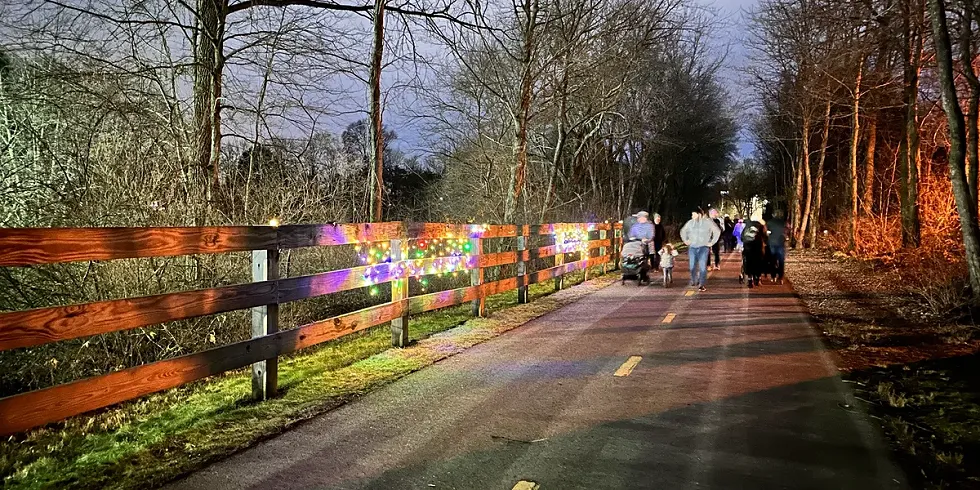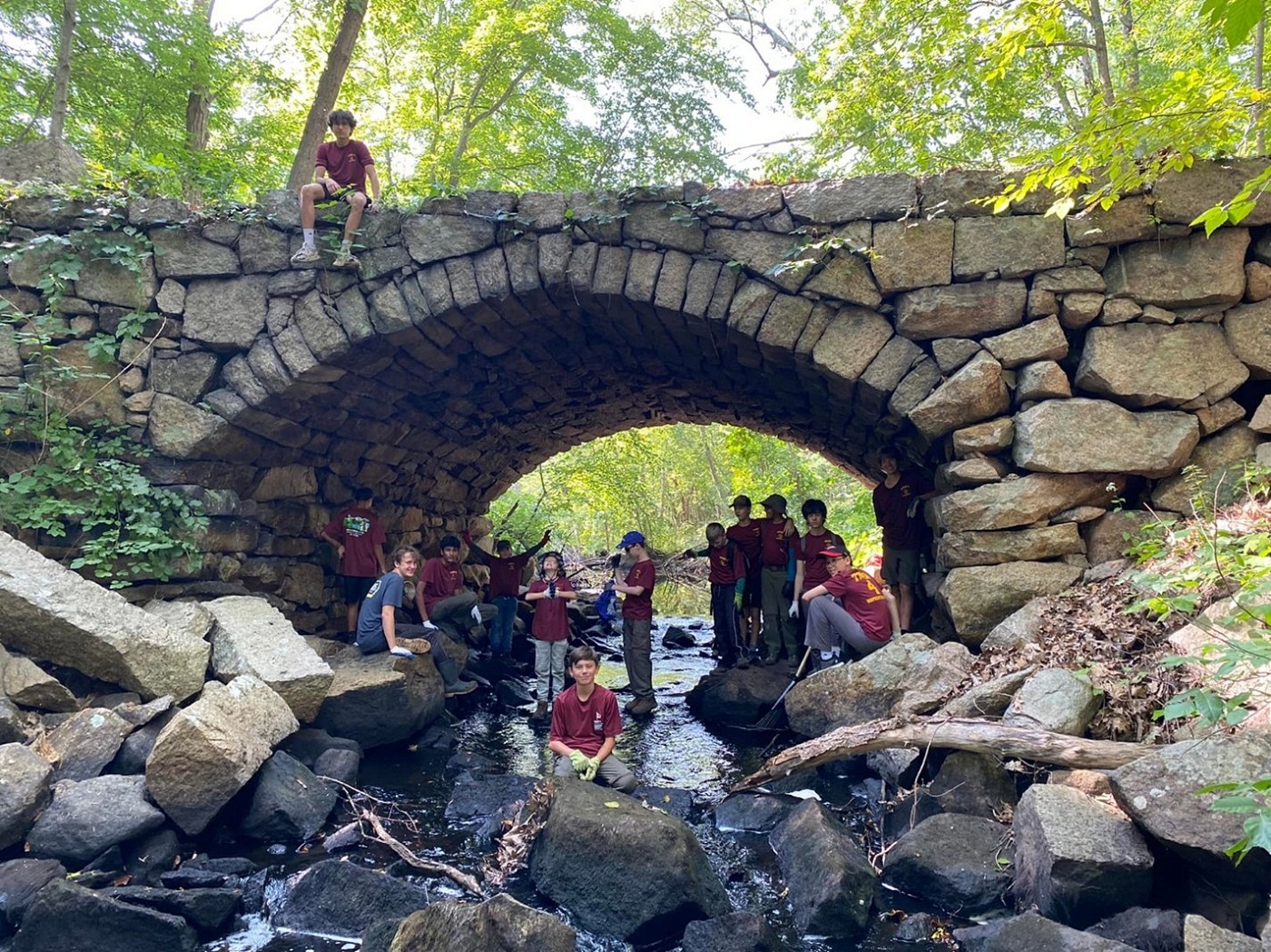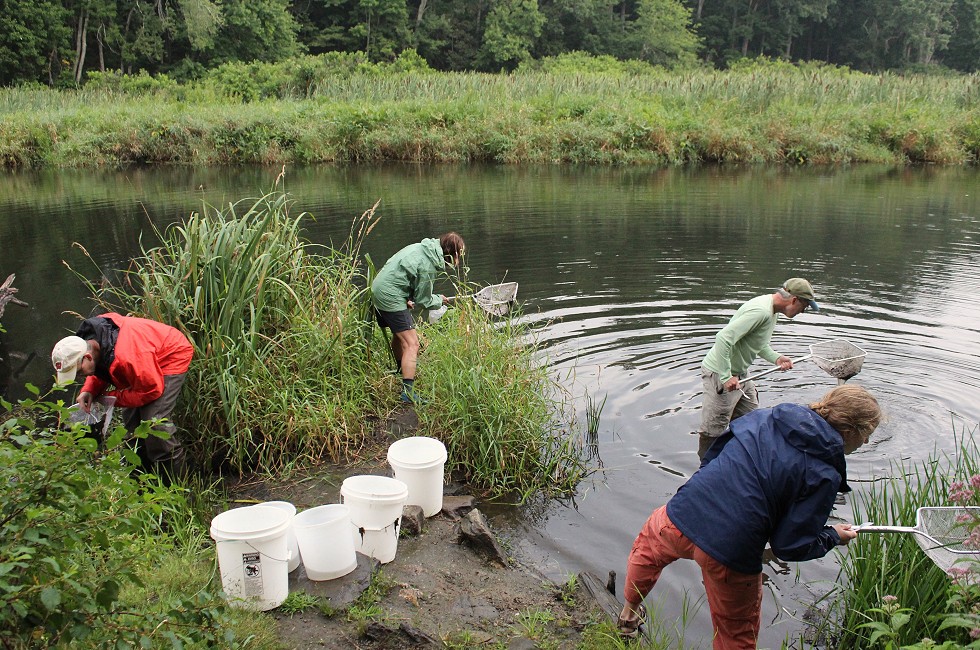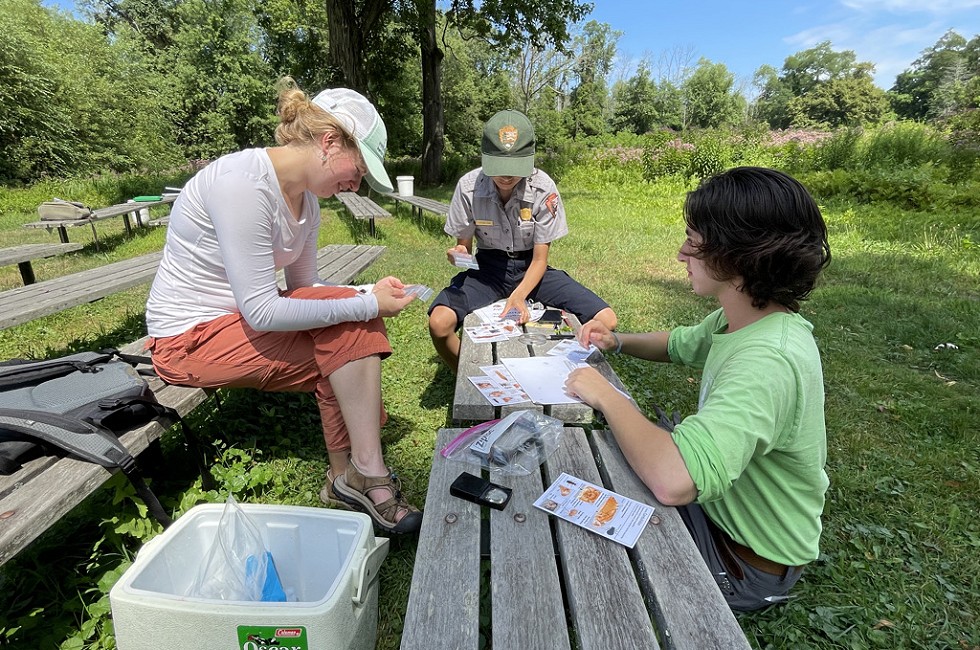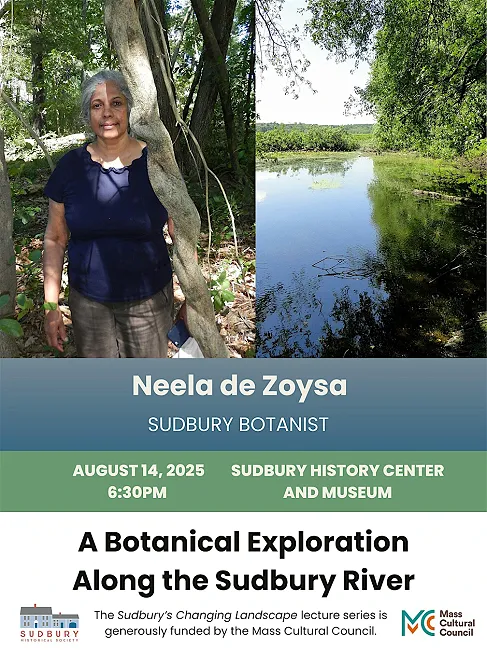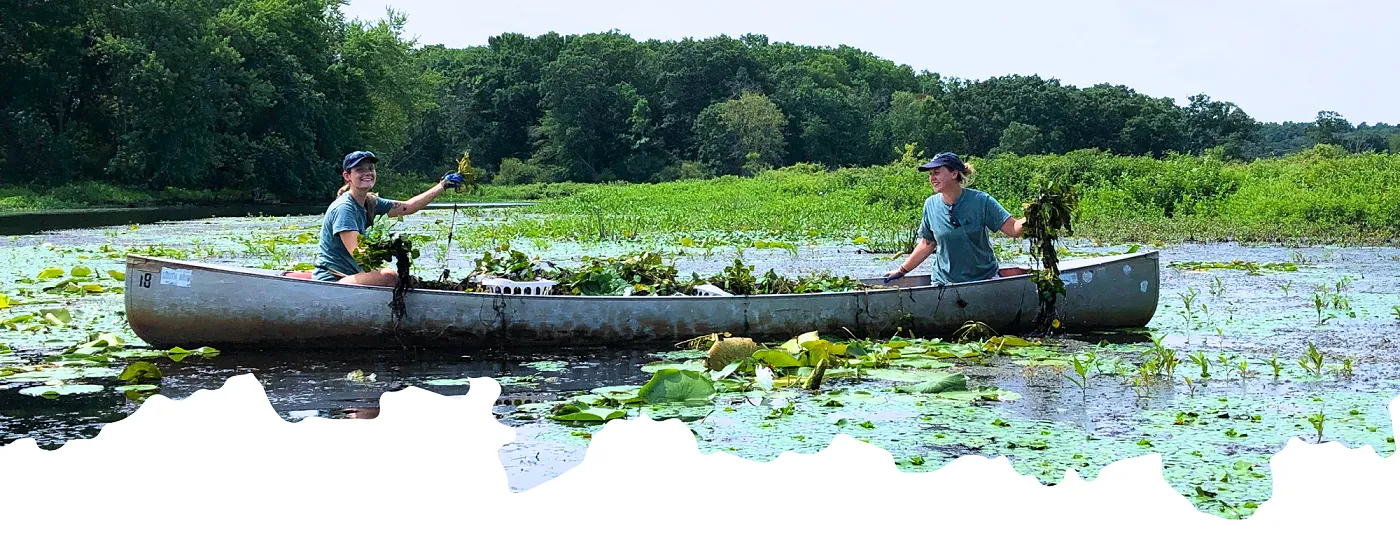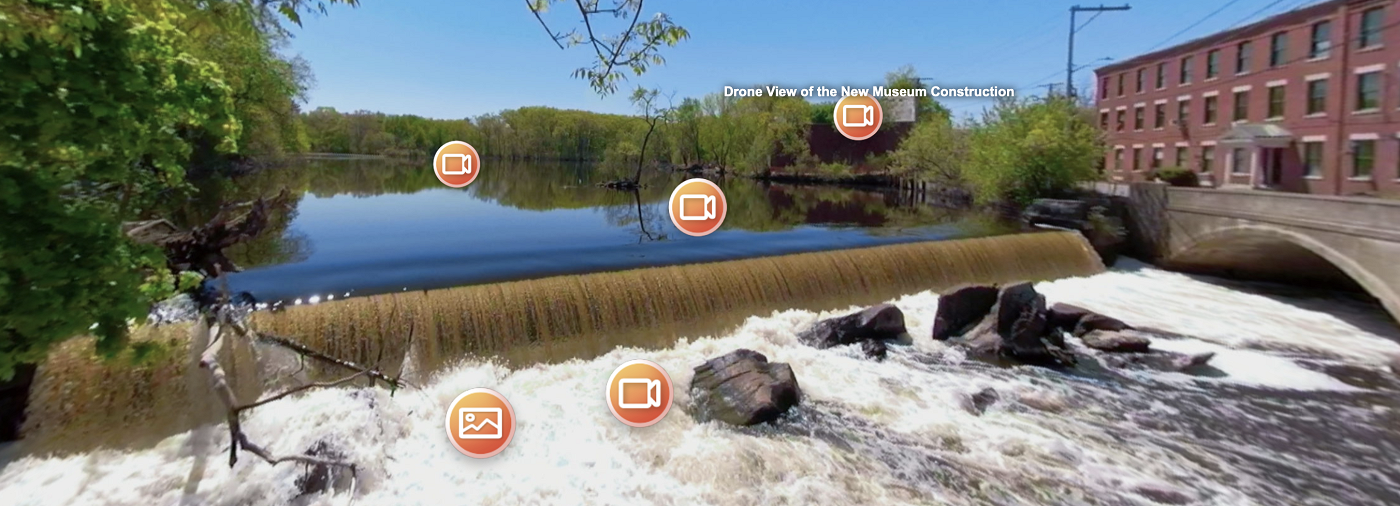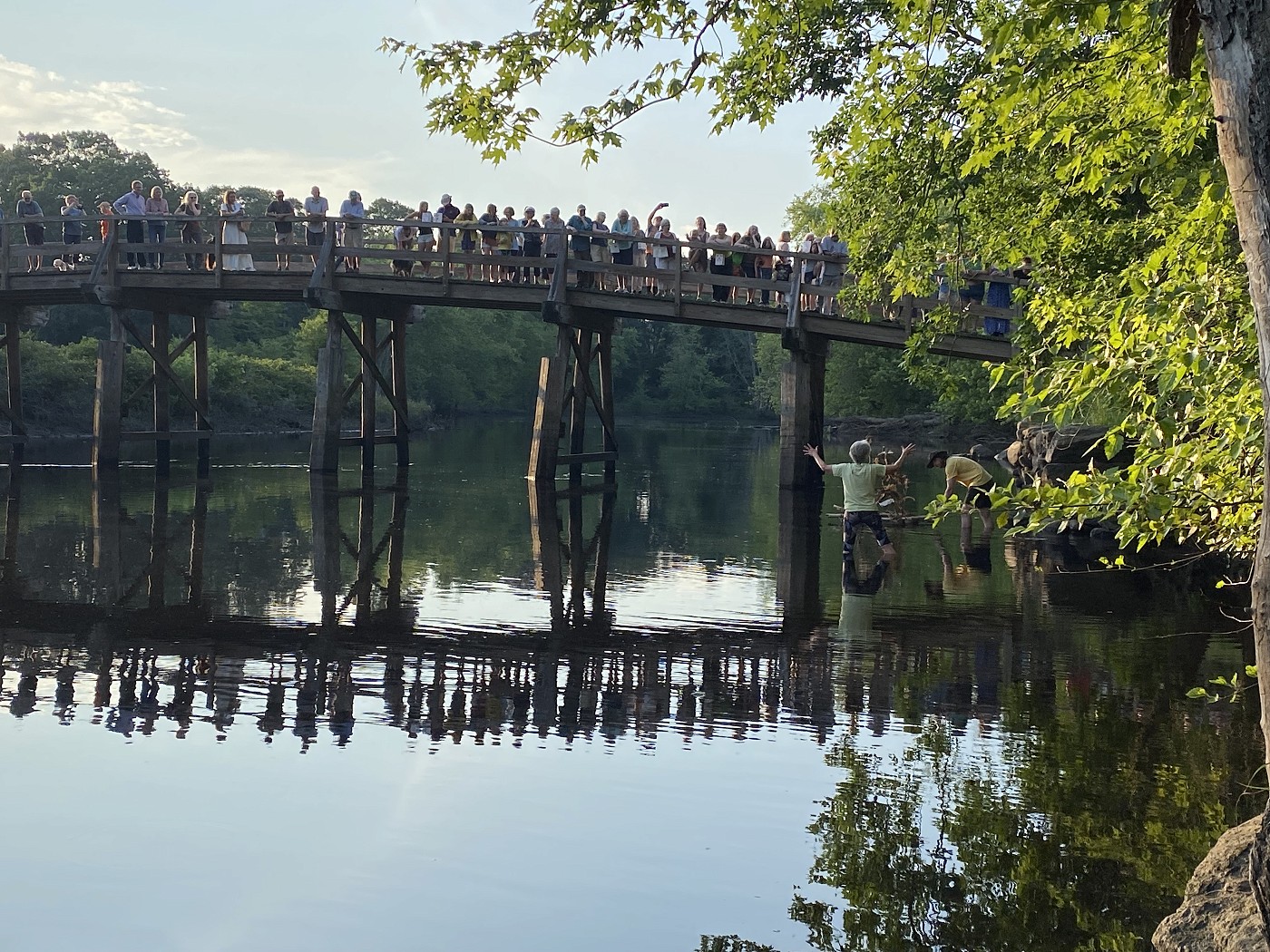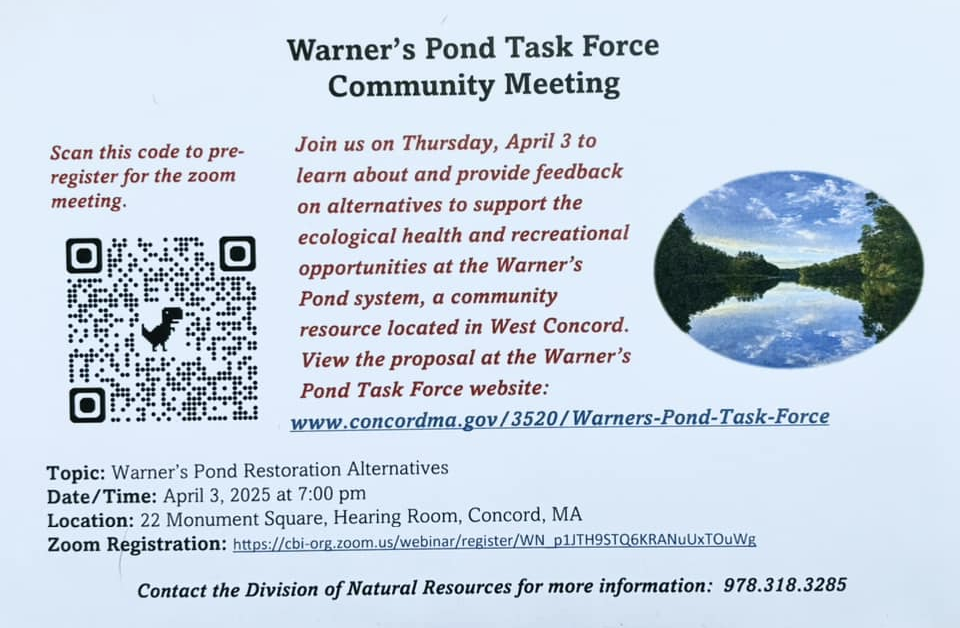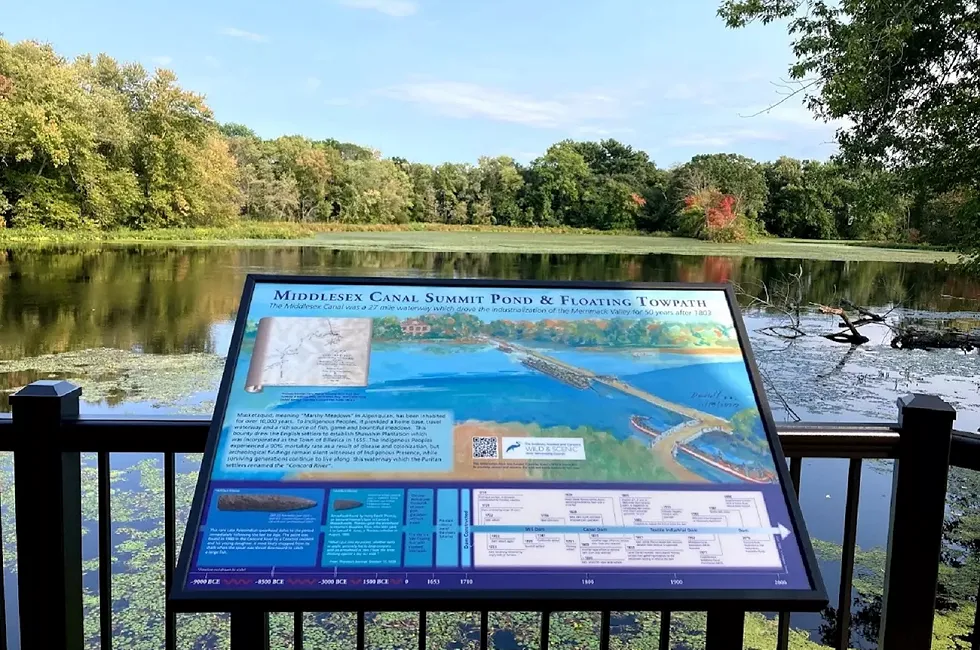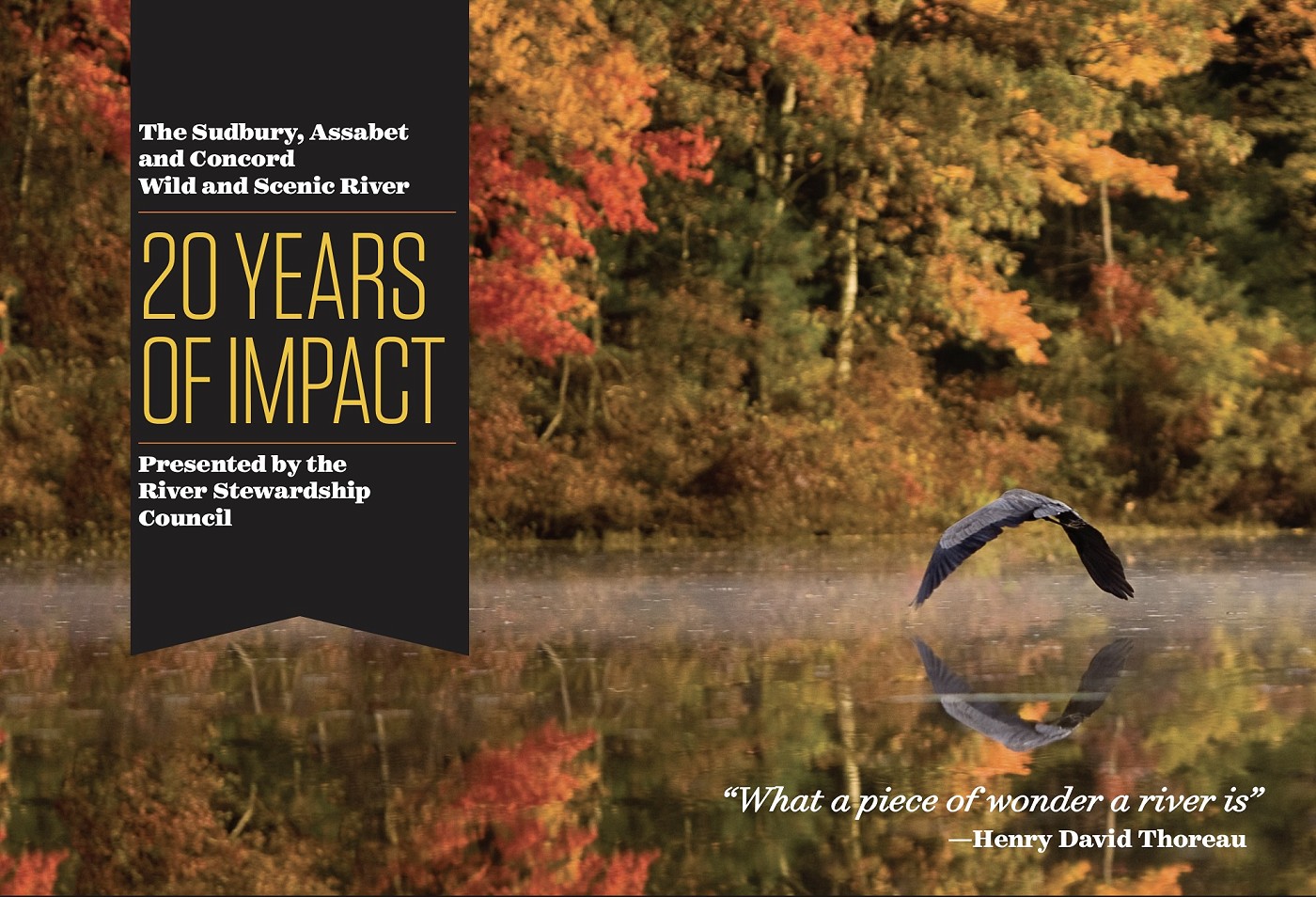The Sudbury, Assabet, and Concord Wild and Scenic River Stewardship Council awarded $43,188 in Community Grants in 2024! The following projects received funding:
Concord Land Conservation Trust for "Water Chestnut Control in the Sudbury River (Concord)" ($15,000) - Chemical treatment of approximately 11 acres of water chestnut in the Sudbury River, from the Sudbury Road bridge downstream to just past the Route 2 bridge in summer 2025.
Concord Museum for "The Benjamin Lincoln Smith Collection Inventory Project" ($6,350) - Supporting two interns for the Musketaquid Archaeological Internship during the summer of 2025 to inventory, rehouse, and digitize approximately 7,000 historic Indigenous artifacts from the Benjamin Lincoln Smith collection, enhancing insights into Indigenous life.
Massachusetts Rivers Alliance for "Dam Busters 201 Webinar Series" ($11,838) - Expand on the highly successful and popular year-long webinar series "Dam Busters 101." 201 will equip municipal and NGO project managers with the knowledge to initiate and accelerate dam removal projects, enhance public safety, improve environmental health, and create economic benefits across the state.
Town of Westborough Conservation Department for "Invasive Species Management Westborough Pilot Program" ($10,000) - Eliminate Japanese knotweed and Phragmites in target areas while generating useable byproducts from the generated biomass and set the stage for habitat restoration to follow.
Click here for more info

